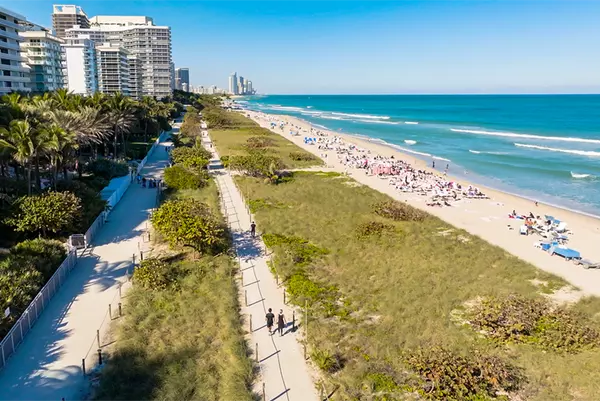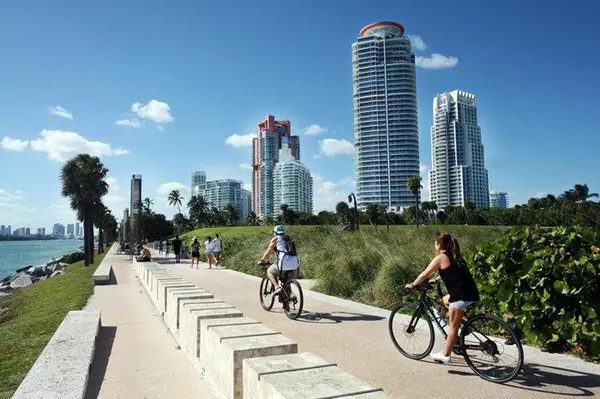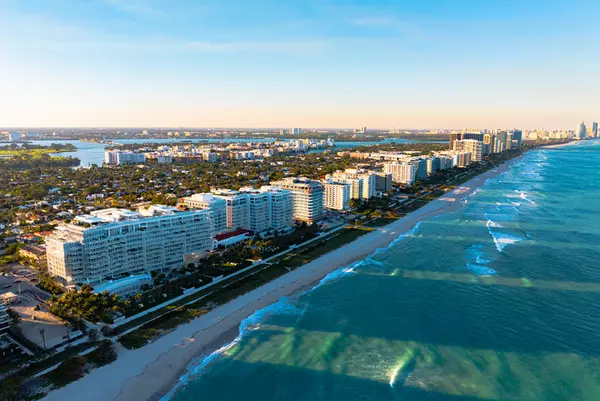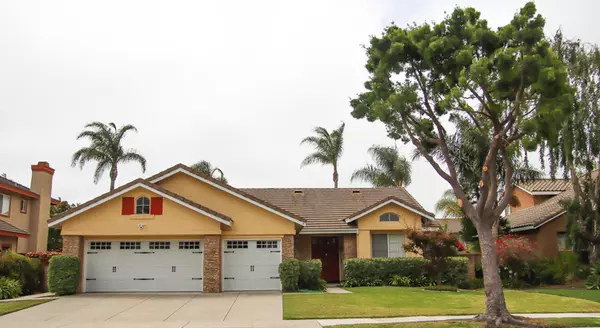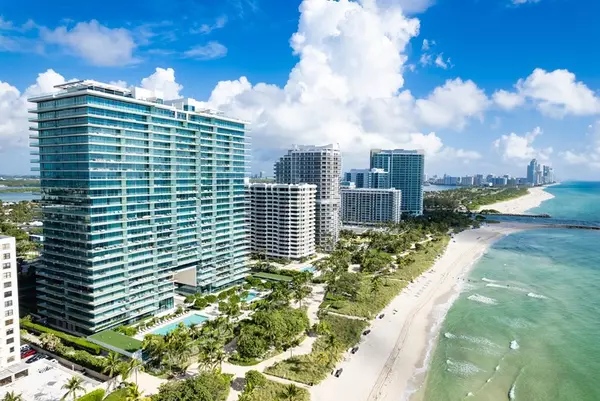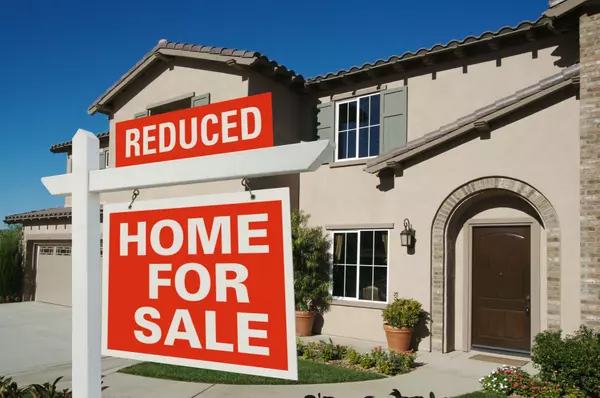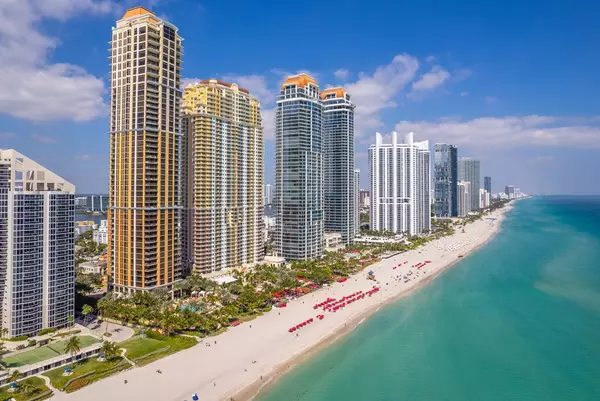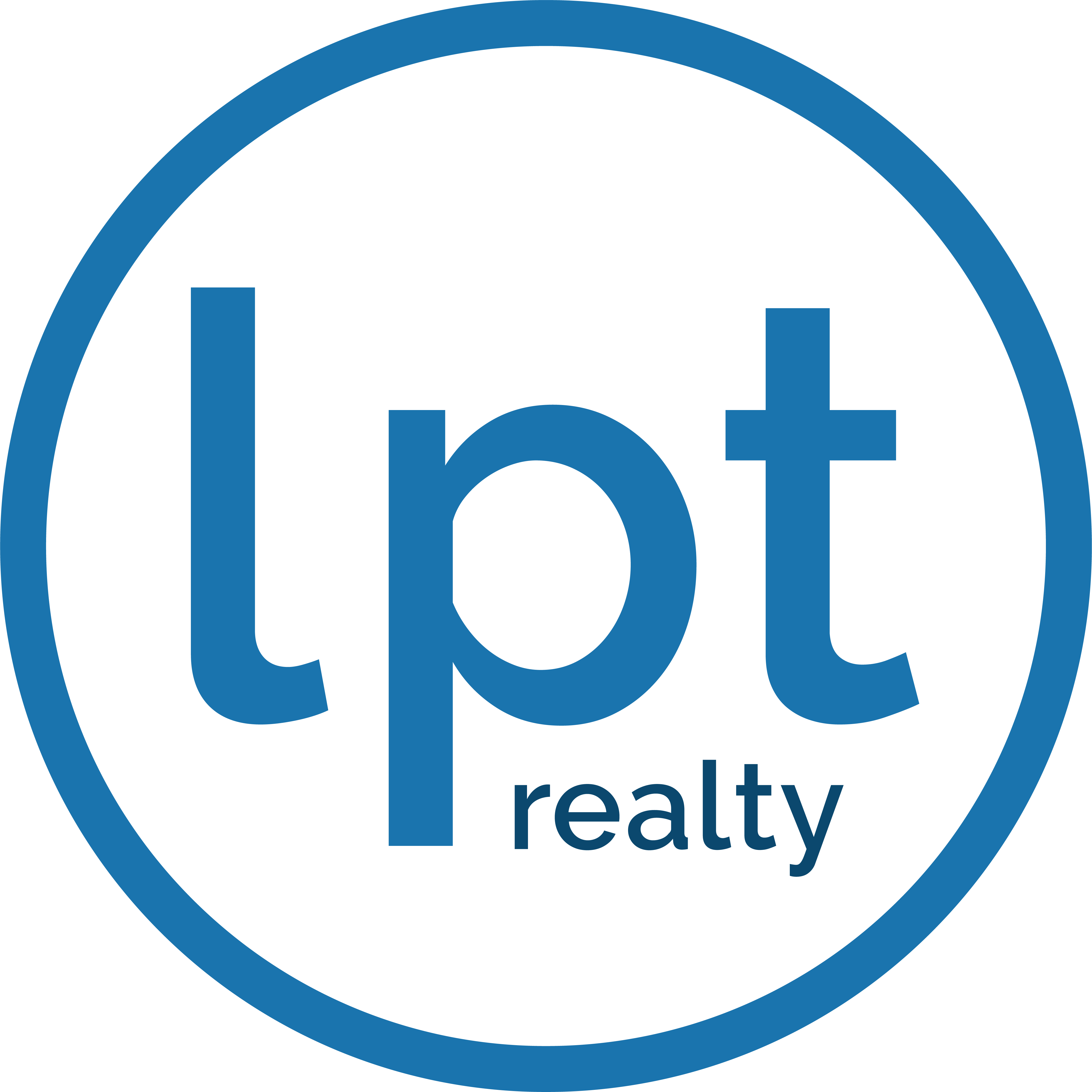

Thinking About Renting Your House Instead of Selling? Read This First.
If your house is on the market but you haven’t gotten any offers you’re comfortable with, you may be wondering: what do I do if it doesn’t sell? And for a growing number of homeowners, that’s turning into a new dilemma: should I just rent it instead? There’s a term for this in the industry, and
Read More
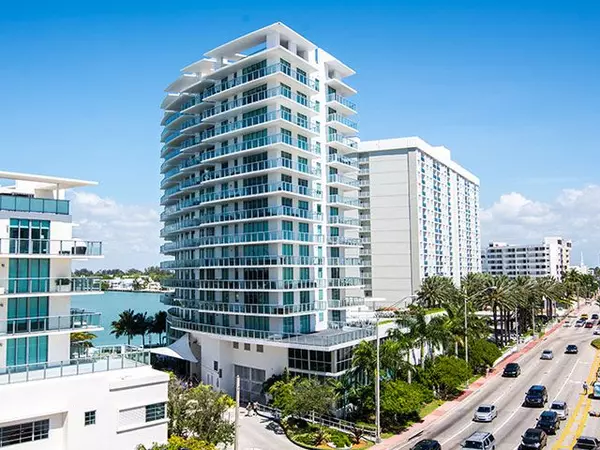
Why Miami Remains the Go-To Market for Second Homes
For decades, Miami has been one of the most desirable destinations in the world — not just for vacations, but also for second-home ownership. Even as markets shift across the U.S., Miami continues to attract buyers looking for a lifestyle upgrade, a profitable investment, or both. Here’s why th
Read More

More Contracts Are Falling Through. Here’s How To Get Ahead.
When you sell a house, the last thing you want is for the deal to fall apart right before closing. But according to the latest data from Redfin, that’s happening a bit more often lately. The good news is, it’s completely avoidable if you lean on an agent for insight into why that is and how to a
Read More
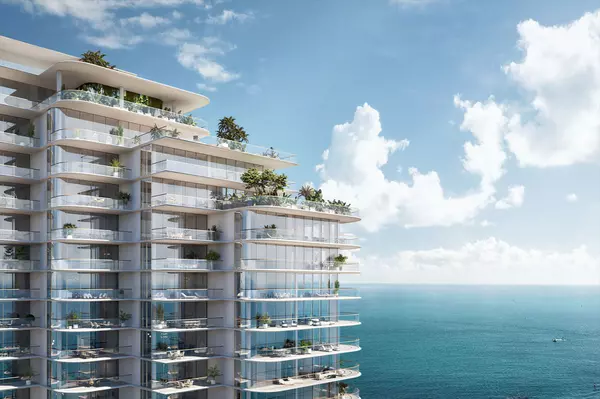
Second Home or Investment? Why Miami Properties Offer Both
When most people think of Miami, they picture sunshine, palm trees, and weekends on the beach. But beyond being a dream destination, Miami real estate continues to shine as both a lifestyle choice and a savvy financial investment. Here’s why buyers from around the world are choosing Miami propert
Read More
Categories
Recent Posts

